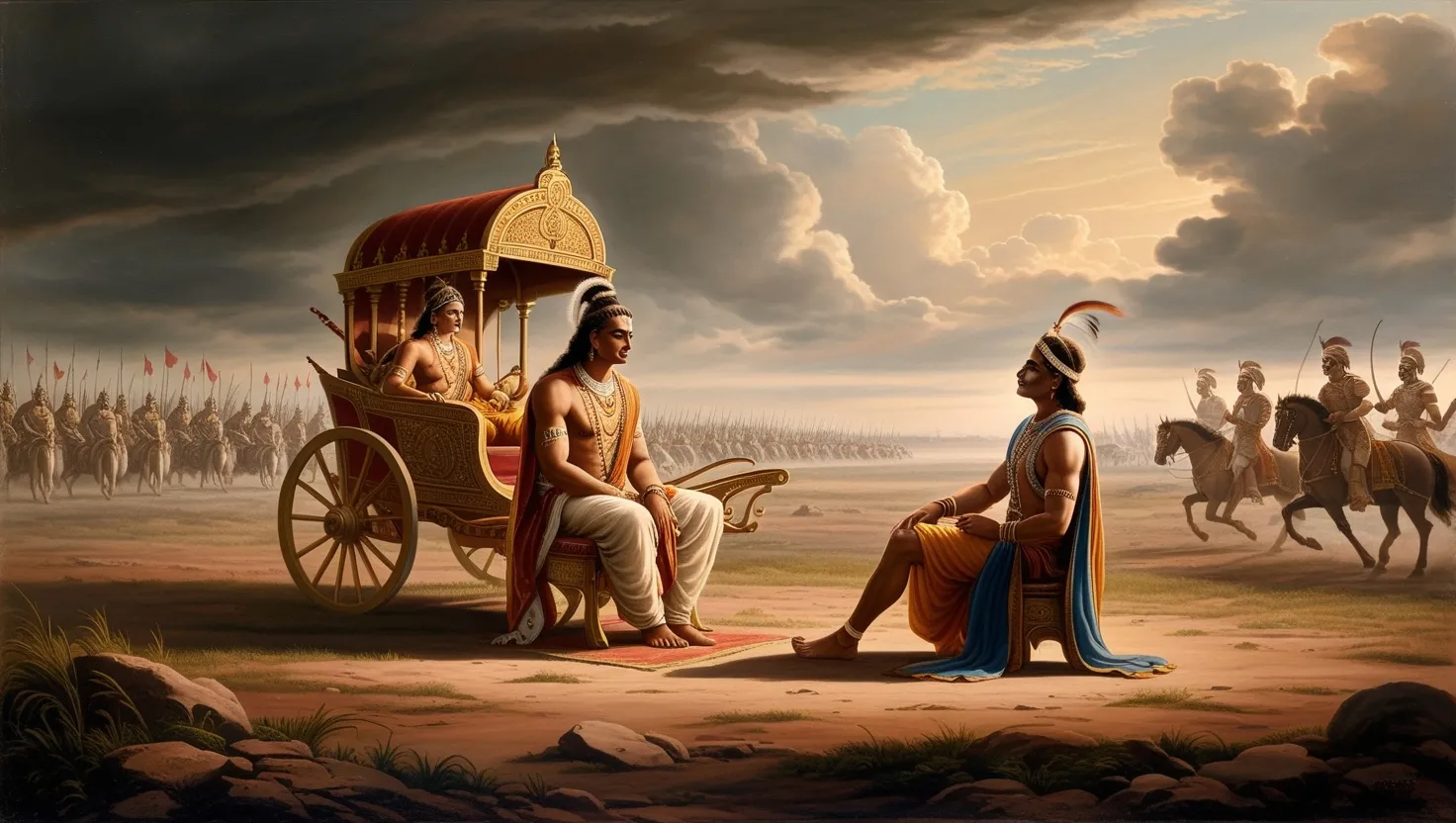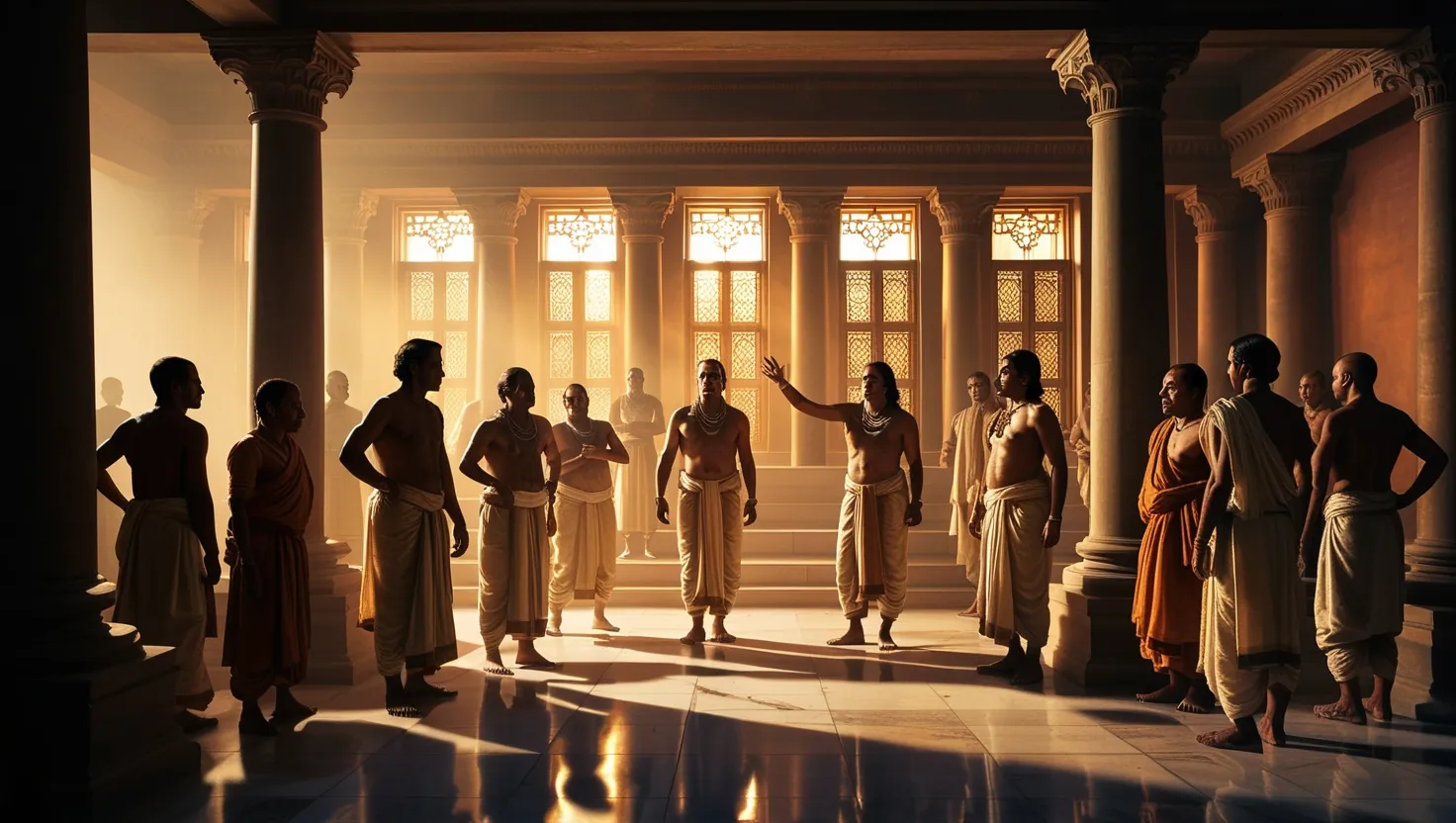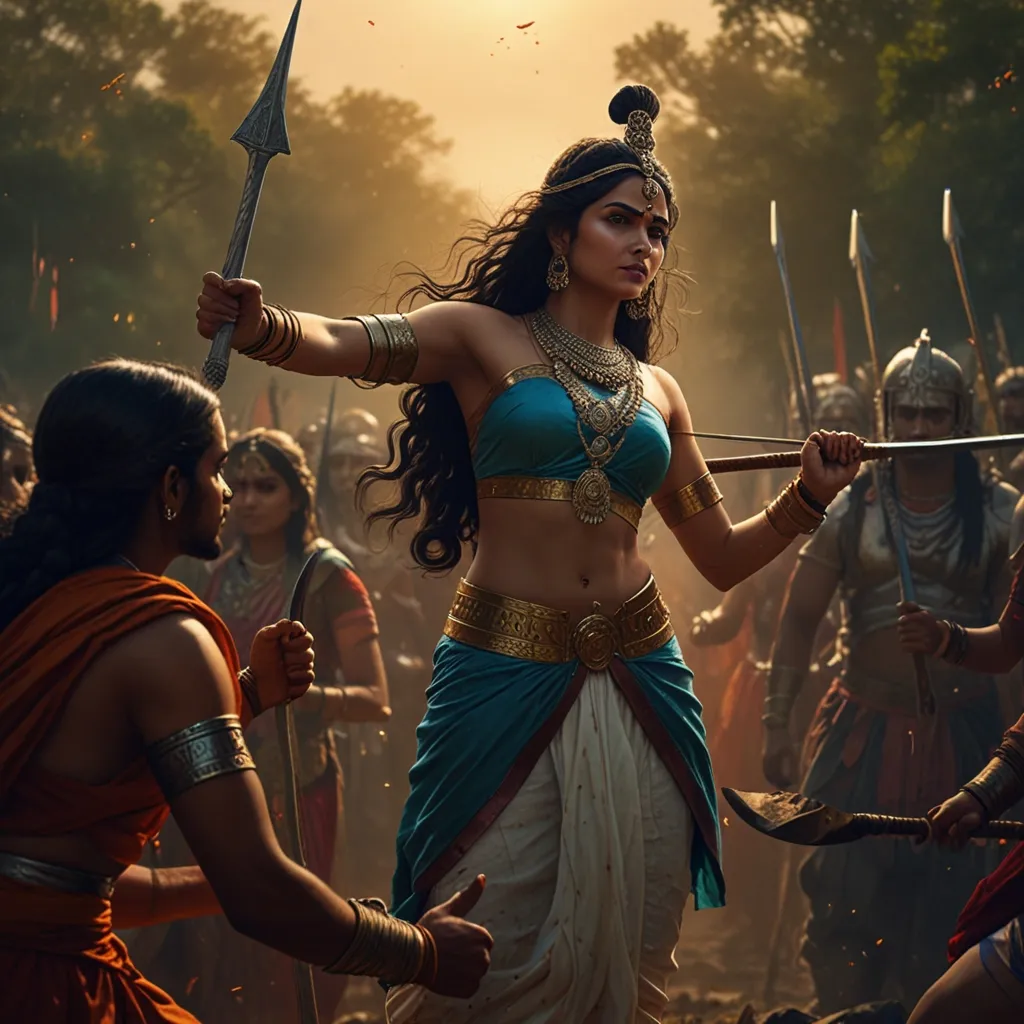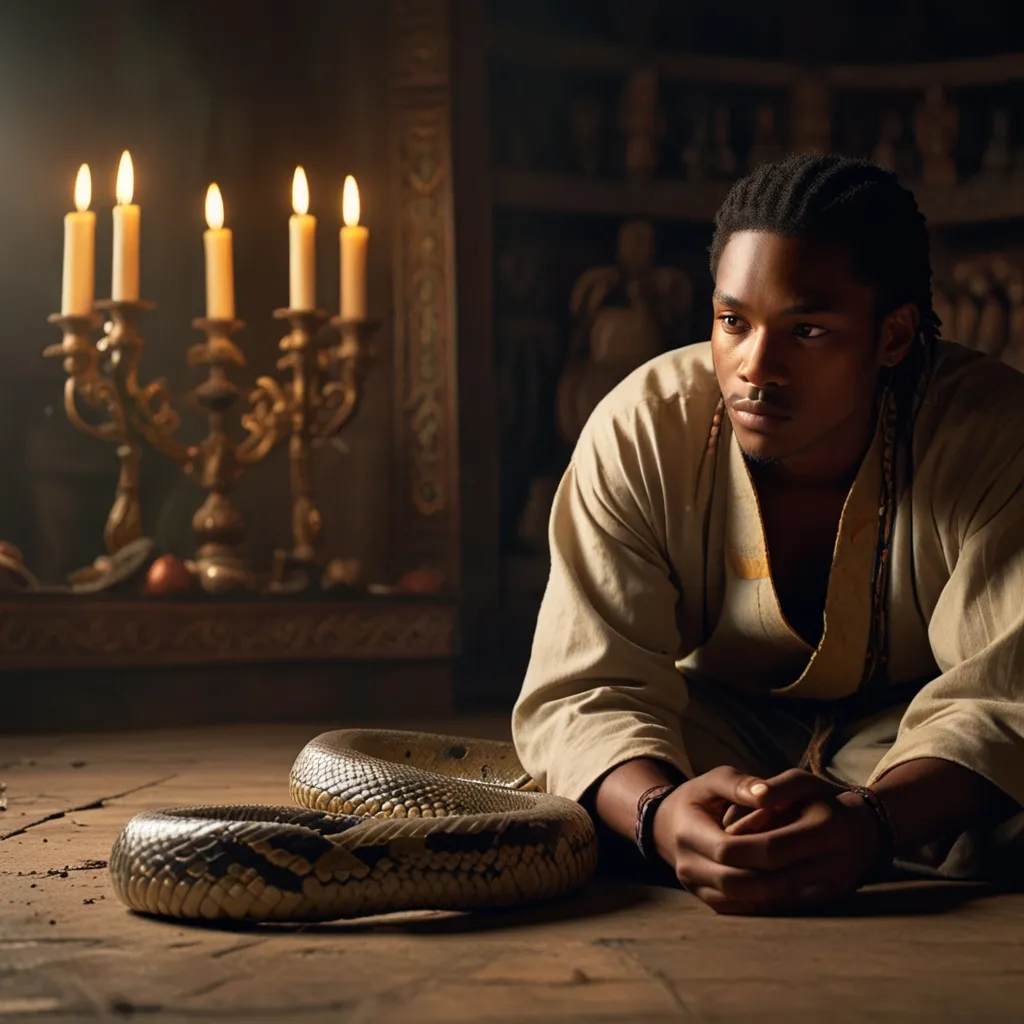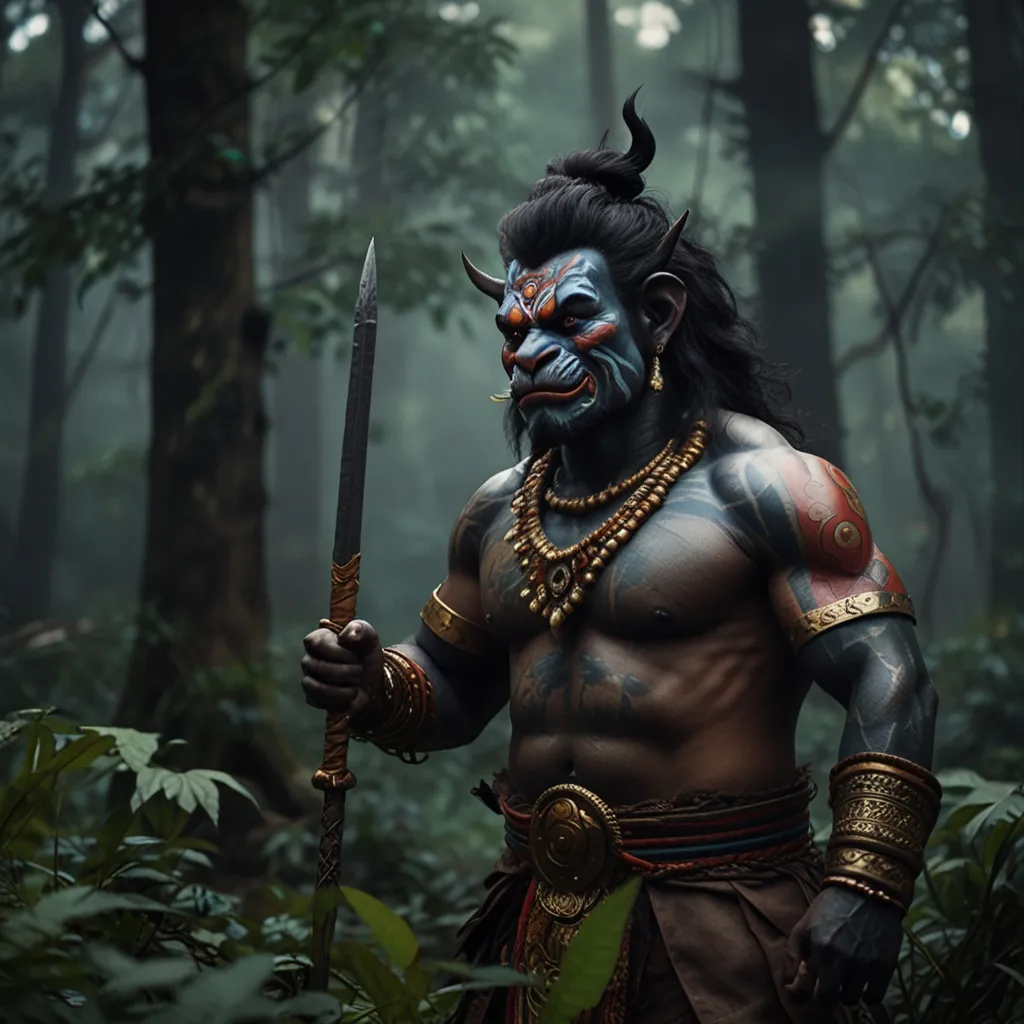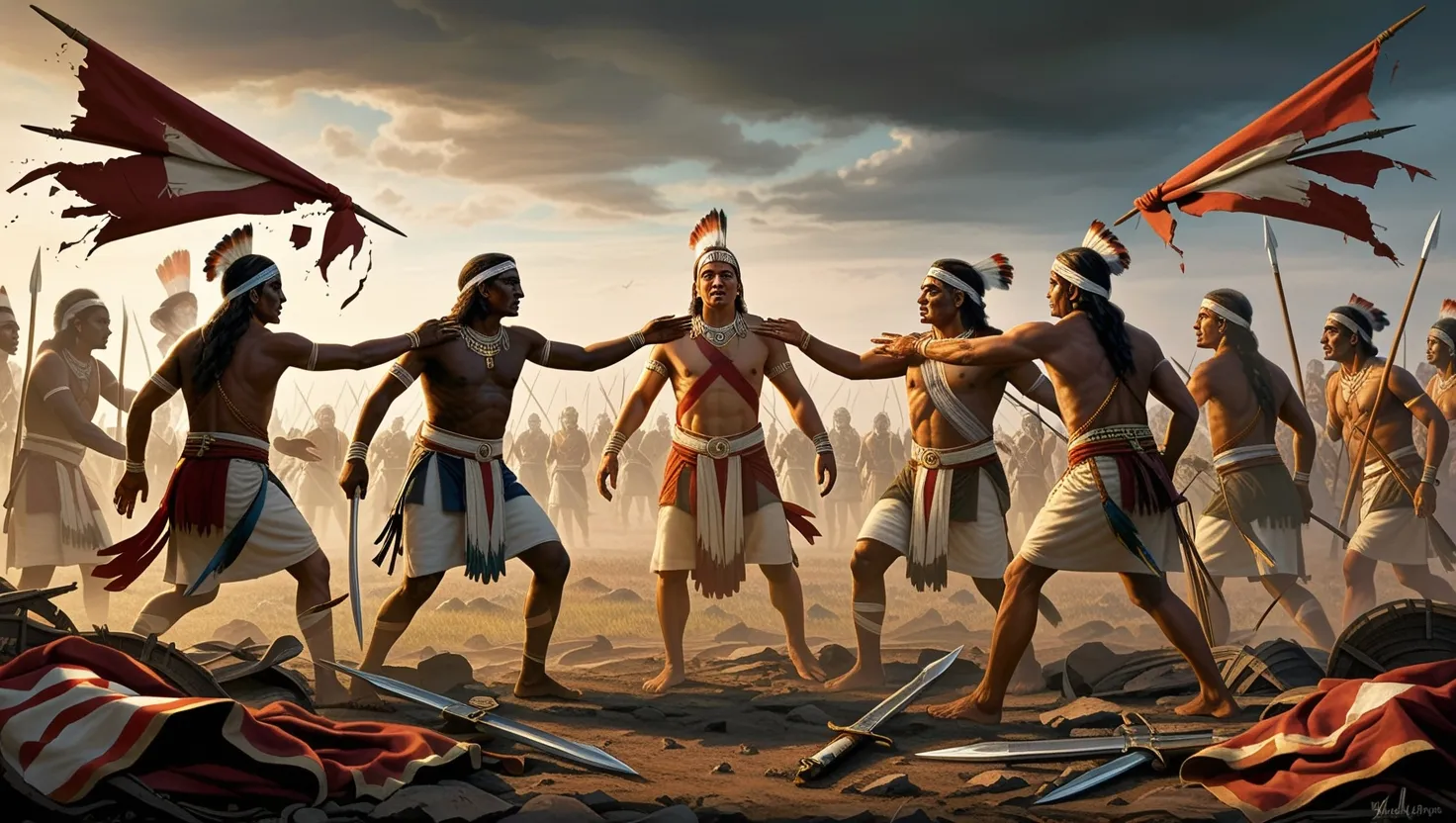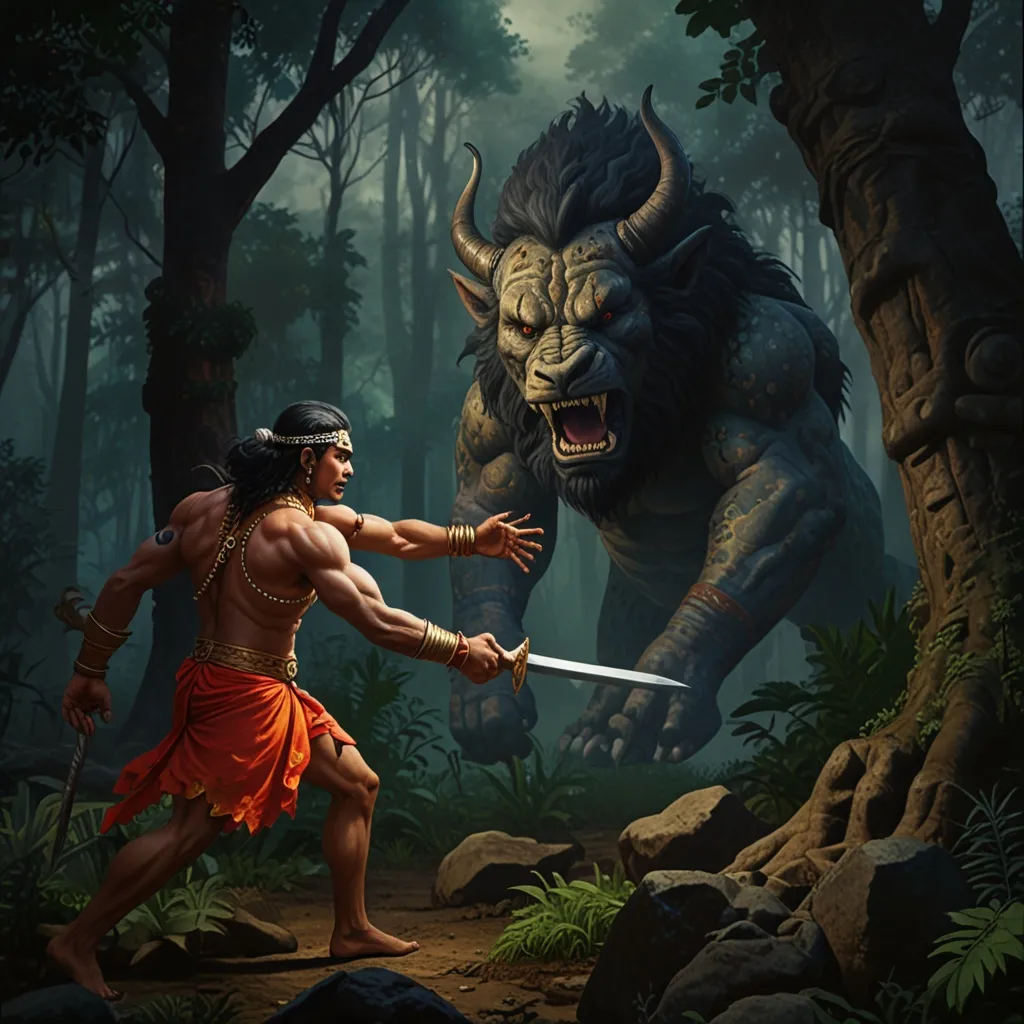If you’ve ever found yourself in a tough negotiation, stuck between what’s right and what’s expedient, you might find echoes of your struggle in the Mahabharata. This ancient epic isn’t just a story of gods and warriors—it’s a timeless tutorial in strategy and human nature. Rather than simply recounting battles and conquests, it invites us to look beneath the surface, where some of history’s most enduring tactics are put to the test. Often the lessons that ring truest are those tucked between the obvious victories and losses, revealing strategies that are both subtle and surprising.
The first thing that stands out, at least to me, is Krishna’s masterstroke of impact without engagement. Instead of brandishing weapons, he chose the role of charioteer and adviser. This wasn’t a step back; it was a calculated leap forward. His influence stemmed not from command but from counsel. Krishna’s guidance wasn’t just for Arjuna but for anyone prepared to listen: sometimes, a word spoken at the right time is more devastating than any weapon.
“Power is not revealed by striking hard or often, but by striking true.” This quote could easily be Krishna’s motto. How often do we overlook the value of being the whisper in the ear rather than the hand that moves the sword? If I think about organizational life, or personal ambition, it becomes clear: the softest voice, when grounded in wisdom, can tilt the scale further than brute force ever did. The Mahabharata’s battlefield was a chessboard, and Krishna positioned himself as the player, not just one of the pieces.
Another lesson that continually stands out is the Pandavas’ decision to spend a year incognito at Virata’s court. Imagine being powerful, skilled, yet choosing to lie low for the sake of survival and future victory. Some might call it cowardice, but I see it as strategic restraint. This is patience weaponized—not passivity, but the active accumulation of strength, intelligence, and alliances while avoiding premature confrontation. How many modern failures can be traced back to acting too soon, rather than waiting for the right moment?
If you were faced with overwhelming odds, would you disappear for a while, or would that feel like surrender? The Mahabharata suggests there’s immense power in humility—the willingness to step back so you can return, not just prepared, but transformed. Waiting is not wasted time if it’s spent learning and recalibrating.
Specialized knowledge—real mastery—is another running theme, often hidden behind classic stories like the Chakravyuha. We remember Abhimanyu’s tragic charge into the spiral formation, knowing how to enter but not how to exit. I find this cautionary tale cuts deeper than a simple warning. It’s the danger of confidence without completeness—half-knowledge masquerading as expertise. Have you ever launched into something, sure you could handle it, only to realize you only knew half the story? In every field, from medicine to finance, starting is easy, exiting gracefully is the true mark of skill.
“The greatest enemy of knowledge is not ignorance, it is the illusion of knowledge.” I often return to this line when I see hubris outpace preparation—Abhimanyu’s fate reminds me that knowing how to get into an opportunity is never enough. True mastery lies in the ability to plan your exit just as precisely as your entry.
Sacrifice is woven into the fabric of every epic, but Karna’s gift of his armor and earrings to Indra remains one of the most haunting examples of strategic principle. Karna’s generosity was genuine, but he also knew the implications. He was making a calculated trade—integrity over immediate advantage. What fascinates me is the interplay between personal ethics and pragmatic needs. Strategic decisions aren’t always about winning; sometimes, they’re about building a reputation that endures.
“Nearly all men can stand adversity, but if you want to test a man’s character, give him power.” Karna faced this trial and chose honor, even when it cost him dearly. For anyone in a leadership position today, the lesson is clear: credibility and trust are the currencies that retain their value long after the dust settles on conflict.
The final peace offer Krishna made before war erupted is perhaps the most poignant tactical gesture. He asked for just five villages—a trivial concession compared to the price of battle. Duryodhana’s refusal is a textbook case in the blinding power of pride. But what I find most insightful is that the offer itself is a strategic safety valve. The presence of an exit ramp changes the dynamics entirely: it creates a last-minute opportunity for sanity to prevail.
Have you ever left room for compromise when you wanted to win at all costs? The Mahabharata challenges us to build exits into every escalation, to remember that victories sometimes live in the deals that never make the headlines. This is a reminder, both ancient and urgent, that negotiation is never a sign of weakness when it saves far more than it costs.
“What is essential is invisible to the eye.” When I look at these five tactics, I see subtlety at the heart of strategy. The Mahabharata’s enduring power as a guidebook for leaders and thinkers lies in its refusal to oversimplify. It teaches that the greatest moves are often the least flashy: the word spoken instead of the sword drawn; the patience to wait instead of the rush to act; the mastery of the complete process, not just the initial drama; the sacrifice of self-interest for enduring trust; and the willingness to offer peace, even when your pride screams otherwise.
What would happen if more of us adopted these movements in our own lives? Would our workplaces, communities, and relationships look different? The legacy of the Mahabharata is not simply that it tells us how to win, but how to endure, adapt, and grow even in the face of ambiguity. It compels us to weigh every move, to find clarity amid conflict, and to accept that wisdom is often measured by what we choose not to do.
By absorbing these lessons, I find myself returning to a single question: How often do we miss the deeper game while chasing after obvious rewards? The Mahabharata invites us to sit quietly, to listen, and to recognize that the battlefield is within us as much as it is around us. If we pause to learn from these ancient strategies, perhaps we discover that the timeless arena of human choice remains open for each of us, every day.
